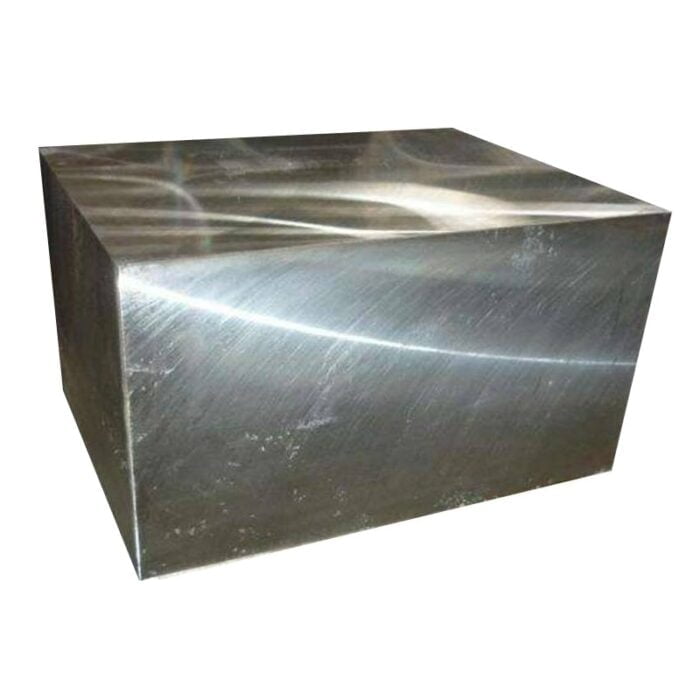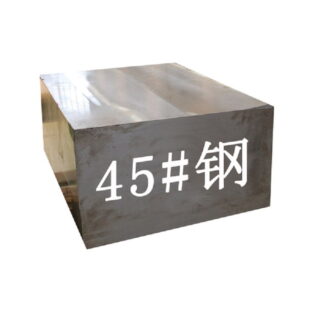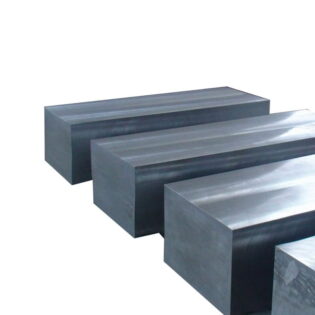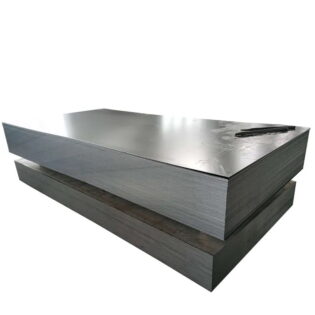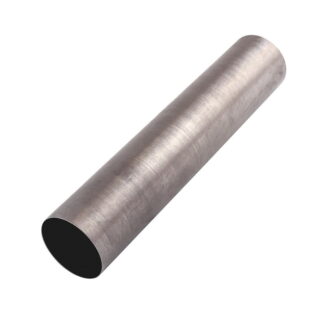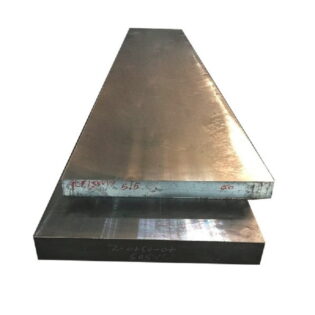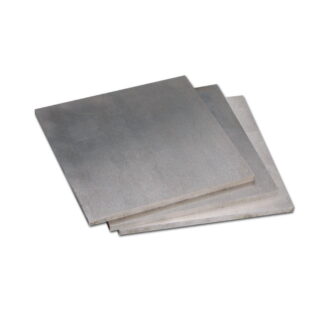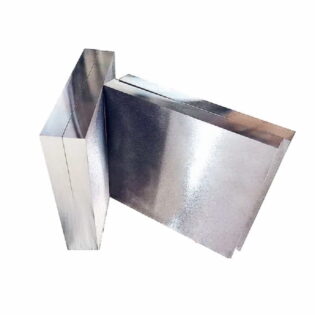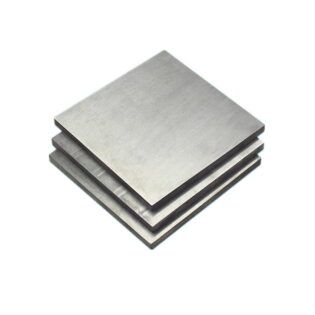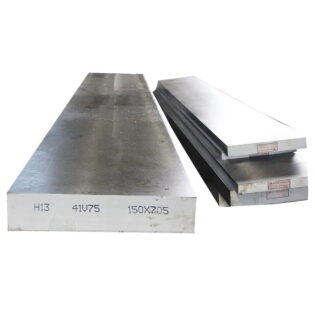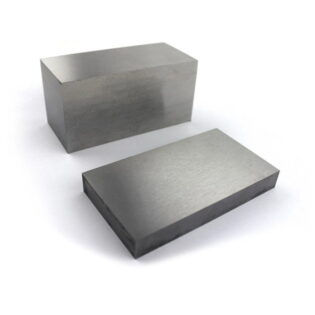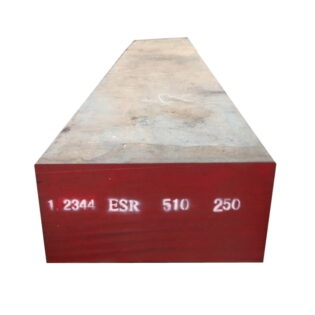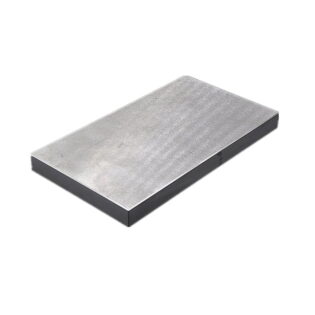1.2312 Description
DIN 1.2312 Steel Plate Material is a versatile, low-alloy tool steel that is characterized by good toughness at moderate strength levels.
The special purpose mold steel 1.2312 steel plate is commonly used for plastic injection mold cavities and tooling and for die casting dies for zinc.
We deliver this steel alloy as:
- Forgings
- Round bars
- Flat bars
1.2312 Plastic Mold Steel
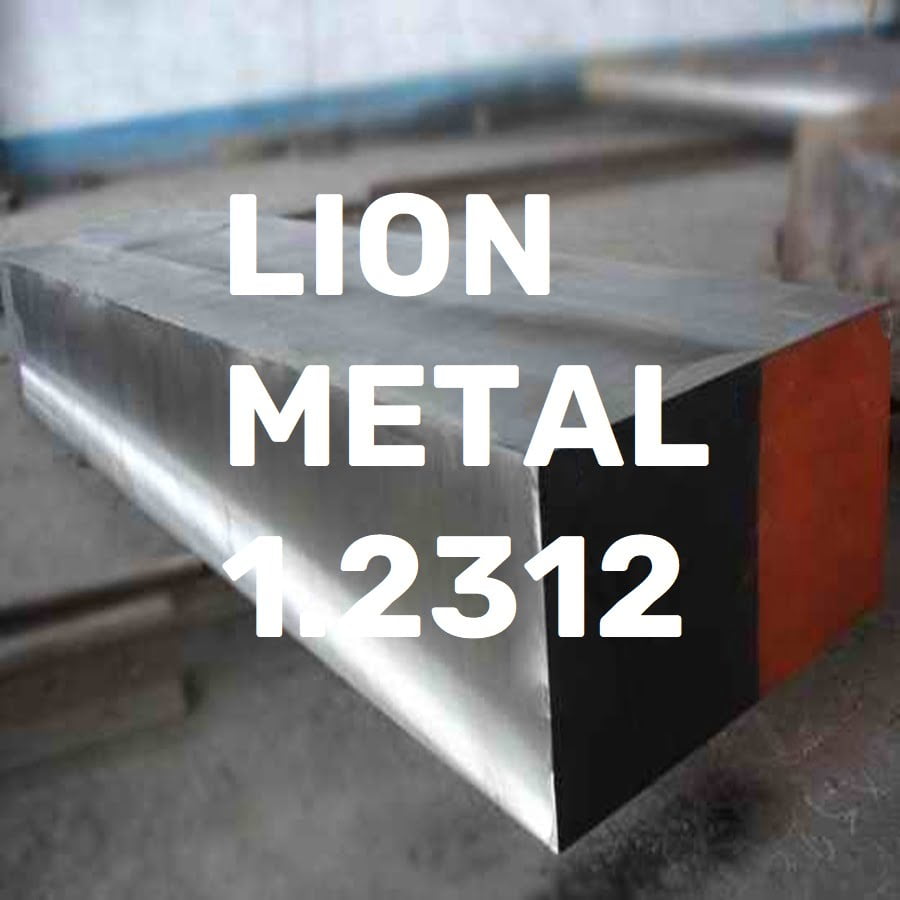
DIN 1.2312 steel is a kind of high quality plastic die steel material.
1.2312 steel is made of (1.2311) material by adding about 0.08% sulfur.
The free cutting ability of 1.2311 steel is improved by S element. 2312 materials are usually delivered under pre-hardness conditions of 28~34HRC.
ASTM P20+S steel is equivalent to DIN 1.2312 material. In general, 40CrMnMoS8-6/1.2312 and P20+S die steels have the same properties for final application.
1. Supply Range of 1.2312 Material
Round Bar: diameter 20mm – 500mm
Steel Plate and Steel Block: thickness 12-300mm x width 200-2300mm (*20-120mm plate in stock in prehardened condition)
Surface Finish: Black Surface, Roughly Machined, Peeled & Turned or as per given requirements.
2. Relevant DIN 1.2312 Steel Specification and Equivalent Steel Grades
| Country | German | USA |
| Standard | DIN EN ISO 4957 | ASTM/AISI |
| Grades | 1.2312 | P20+S |
3. DIN 1.2312 Material Chemical Composition and Equivalent
| DIN ISO 4957 | C | Mn | P | S | Si | Cr | Mo | |||||
| 1.2312 | 0.35 | 0.45 | 1.30 | 1.60 | 0.03 | 0.05-0.1 | 0.20 | 0.40 | 1.80 | 2.10 | 0.15 | 0.25 |
| ASTM A681 | C | Mn | P | S | Si | Cr | T | |||||
| P20+S | 0.28 | 0.40 | 0.60 | 1.00 | 0.03 | 0.03 | 0.20 | 0.80 | 1.40 | 2.00 | 0.30 | 0.55 |
4. DIN 1.2312 Plastic Mold Steel Properties
- Density: 7.84 g/cm3
- Linear expansion coefficient: 12.4 *10-6m/(m*K)
- Thermal conductivity: 34 W/(m*K)
- Hardness (in soft annealed condition): < 235 HB
- Hardness (in hardened and tempered condition): < 51 HRC
5. Forging of 2312
Hot forming temperature: 1100-850 °C.
6. Heat Treatment of Plastic Mold Steel 1.2312
- Grade: 40CrMnMoS8-6
- Material No. W-Nr.: 1.2312
- Hot working temperature / C: 1050 ~ 850
- Annealing temperature / C: 780 ~ 760
- After annealing, the hardness is less than or equal to 230 HBS
- Quenching temperature / C: 830 ~ 870
- Cooling medium: Oil
- Common tempering temperature / C: 640 ~ 680
(1) Hardness after tempering HRC|100 C: 51
(2) Hardness after tempering HRC|200 C: 50
(3) Hardness after tempering HRC|300 C: 48
(4) Hardness after tempering HRC|400 C: 45
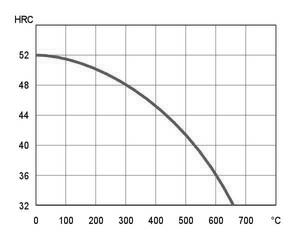
7. Applications of 1.2312 Materials
DIN 1.2312 is good for plastic injection moulds for thermoplastics, extrusion dies for thermoplastic, compression molds application. Tools for plastics processing and moulds for pressure die casting.
Contact us for further information or the best cost or price of your request.
1.2312 vs 1.2311
Table of content:
- Standards and chemical composition
- Description
- Physical and mechanical properties
- Heat treatment
| Standard | Grade | ||||||||||||||
|---|---|---|---|---|---|---|---|---|---|---|---|---|---|---|---|
| Chemical composition % | |||||||||||||||
| C: | Si: | Mn: | P: | S: | Cr: | Mo: | |||||||||
| EN | 1.2311 – 40CrMnMo7 | ||||||||||||||
| 0.35 – 0.45 | 0.2 – 0.4 | 1.3- 1.6 | <0.035 | <0.035 | 1.8 – 2.1 | 0.15 – 0.25 | |||||||||
| DIN | 1.2312 – 40CrMnMoS8-6 | ||||||||||||||
| 0.35 – 0.45 | 0.3 – 0.5 | 1.4- 1.6 | <0.03 | 0.05 – 0.10 | 1.8 – 2.0 | 0.15 – 0.25 | |||||||||
| UNS | UNS T51620 – P20 | ||||||||||||||
| 0.28 – 0.40 | 0.2 – 0.8 | 0.6- 1.0 | <0.03 | <0.03 | 1.4 – 2.0 | 0.30 – 0.55 | |||||||||
| UNS | P20+S | ||||||||||||||
| 0.4 | 0.35 | 1.5 | – | 0.05 | 1.9 | 0.2 | |||||||||
| AFNOR | 40CMD8 | ||||||||||||||
| 0.35 – 0.45 | 0.15 – 0.40 | 1.35 – 1.65 | – | – | 1.75 – 2.15 | 0.15 – 0.30 | |||||||||
| UNE | F-5302 | ||||||||||||||
| 0.35 – 0.45 | 0.2 – 0.4 | 1.3- 1.6 | <0.03 | <0.02 | 1.8 – 2.1 | 0.15 – 0.25 | |||||||||
1.2311 and 1.2312 are plastic die steels, suitable for high temperature operation, mainly used for plastic molds, hydraulic forming tools and plastic pressure die frames. They have high hardenability, tempering resistance and high temperature strength.
Compared to 1.2312, 1.2311 has better texture and polish, making A-2 surface finish easy to obtain. However, over polishing can lead to pitting.
On the other hand, 1.2312 is more processable than 1.2311.
Welding is possible, but difficult. Preheating is necessary. The workpiece must be cooled and tempered after welding.
Physical and mechanical properties
1.2311/1.2312 – general physical and mechanical properties in ambient temperature:
- Density: 7.84 g/cm3
- Linear expansion coefficient: 12.4 *10-6m/(m*K)
- Thermal conductivity: 34 W/(m*K)
- Hardness (in soft annealed condition): < 235 HB
- Hardness (in hardened and tempered condition): < 51 HRC
The linear expansion coefficient of 1.2311 steel, in high temperature and in hardened and tempered condition:
- Temperature range: 20-200 °C – 13 *10-6m/(m*K)
- Temperature range: 20-300 °C – 13,4 *10-6m/(m*K)
Thermal conductivity of 1.2311 steel, in high temperature and in hardened and tempered condition:
(1) Testing temperature: 150 °C – 34 W/(m*K)
(2) Testing temperature: 200 °C – 33,6 W/(m*K)
(3) Testing temperature: 250 °C – 32,9 W/(m*K)
(4) Testing temperature: 300 °C – 31,9 W/(m*K)
The linear expansion coefficient of 1.2312 steel, in high temperature and in hardened and tempered condition:
(1) Temperature range: 20-200 °C – 13 *10-6m/(m*K)
(2) Temperature range: 20-300 °C – 13,7 *10-6m/(m*K)
Thermal conductivity of 1.2312 steel, in high temperature and in hardened and tempered condition:
(1) Testing temperature: 150 °C – 40,4 W/(m*K)
(2) Testing temperature: 200 °C – 40,4 W/(m*K)
(3) Testing temperature: 250 °C – 39,9 W/(m*K)
(4) Testing temperature: 300 °C – 39,0 W/(m*K)
Hardness of steel 1.2311 and 1.2312 in hardened and tempered condition, at various tempering temperatures:
(1) Tempering temperature: 200 °C – 50 HRC
(2) Tempering temperature: 300 °C – 48 HRC
(3) Tempering temperature: 400 °C – 46 HRC
(4) Tempering temperature: 500 °C – 42 HRC
(5) Tempering temperature: 600 °C – 36 HRC
(6) Tempering temperature: 700 °C – 28 HRC
Heat treatment and working
Recommended working and heat treatment parameters for the alloys:
- Forging: 1100-850 °C
- Rolling: 1100-850 °C
- Quenching: 840-870 °C
- Soft annealing: 710-740 °C
We deliver this steel alloy as:
- Forgings
- Round bars
- Flat bars
Replacements, equivalents and other designations:
40CRMNMO7, 40CRMNMOS8-6, P20+S, UNS T51620, P20, 40CH2GM, 35CRMO8, 40CMD8, F-5302, A681, 40Х2ГМ


